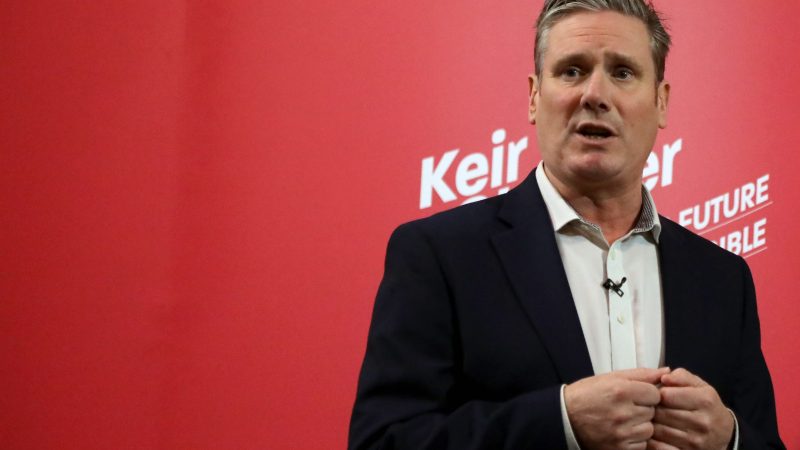
The Bank of England lifted interest rates from 2.25% to 3% yesterday, the biggest jump since 1989. The move represented the Bank’s eighth hike since December and takes borrowing costs to their highest since 2008. Boss Andrew Bailey warned of a “tough road ahead” as the Bank said the UK is facing its longest recession since records began. Interest rates are now expected to peak at 4.5% while inflation will hit 11% before falling next year. The poorest 10% of households will be hit hardest, because they spend twice as much of their budget as the richest 10% on utilities and food. Jeremy Hunt is expected to outline tax measures and spending cuts amounting to £50bn in two weeks.
Things are, to put it mildly, looking bleak. The polls have narrowed slightly since Rishi Sunak entered Downing Street, but a hefty lead for Labour is still being reported – YouGov had the opposition party on 50% on Thursday, 26 points ahead of the Conservatives. As Keir Starmer eyes up the prospect of entering No 10 in the current economic climate, he is coming under pressure from his backbenchers, trade unions and campaign groups to set out a plan to avert ‘austerity 2.0’ and to make sure the richest in society are taxed to support public services and help the poorest through the cost-of-living crisis.
Writing for LabourList earlier this week, Labour MP Beth Winter made the case for taxing wealth to boost public sector pay. Jon Trickett MP argued yesterday that it is time to “promote a tax on the shares, stock, property and capital of the super-rich”. “Whoever is in government over the next few years will have to decide whether to cut services and hike taxes on ordinary people or to instead tax the wealth of the very richest,” Richard Burgon warned. “Even modest wealth taxes could raise tens of billions and prevent the need for yet more austerity.” Meanwhile Frances O’Grady, general secretary of the federation of trade unions in the UK the TUC, has added her voice to the call: “In the last decade, the richest have enjoyed huge increases in their wealth. The government should now look at how they can contribute more to rebuilding an economy that works for everyone.”
Tax Justice UK has estimated that £37bn could be raised by introducing wealth taxes including the equalisation of capital gains tax with income tax. At the moment, capital gains from the sale of property or shares are taxed at 20%, for example; income tax on wages ranges from 20% at the lower end to 45% for the highest earners. Simply aligning these two mechanisms could raise £14bn, according to the group. It has also pointed out that levying national insurance contributions on income from investment could provide a boost of £8.6bn.
At present, Labour has promised to scrap ‘non-dom’ loophole and bring in higher taxes for private equity fund managers. Starmer has avoided committing to higher taxes generally, so far instead preferring to allow the Conservatives to undermine their own much-vaunted reputation for competence on the economy; a strategy that, in the context of the chaotic Liz Truss government and revolving door of Prime Ministers makes sense.
As we approach the next general election, however, and as Starmer continues to look more likely to actually be the next Prime Minister, the Labour leader will face a choice. He can accept the Tory narrative or set out an alternative. The economic situation if he arrives in Downing Street is unenviable – but there is also an opportunity here. There is no appetite for more cuts after a decade-long attack on living standards. Labour has the chance now to set out a more equitable tax settlement.
Sign up to LabourList’s morning email for everything Labour, every weekday morning.



More from LabourList
‘The hope that kills you’: Reflections from the final day in Gorton and Denton
MPs, union leaders and organisations react to ‘bruising’ Gorton and Denton result
A gory night for Labour